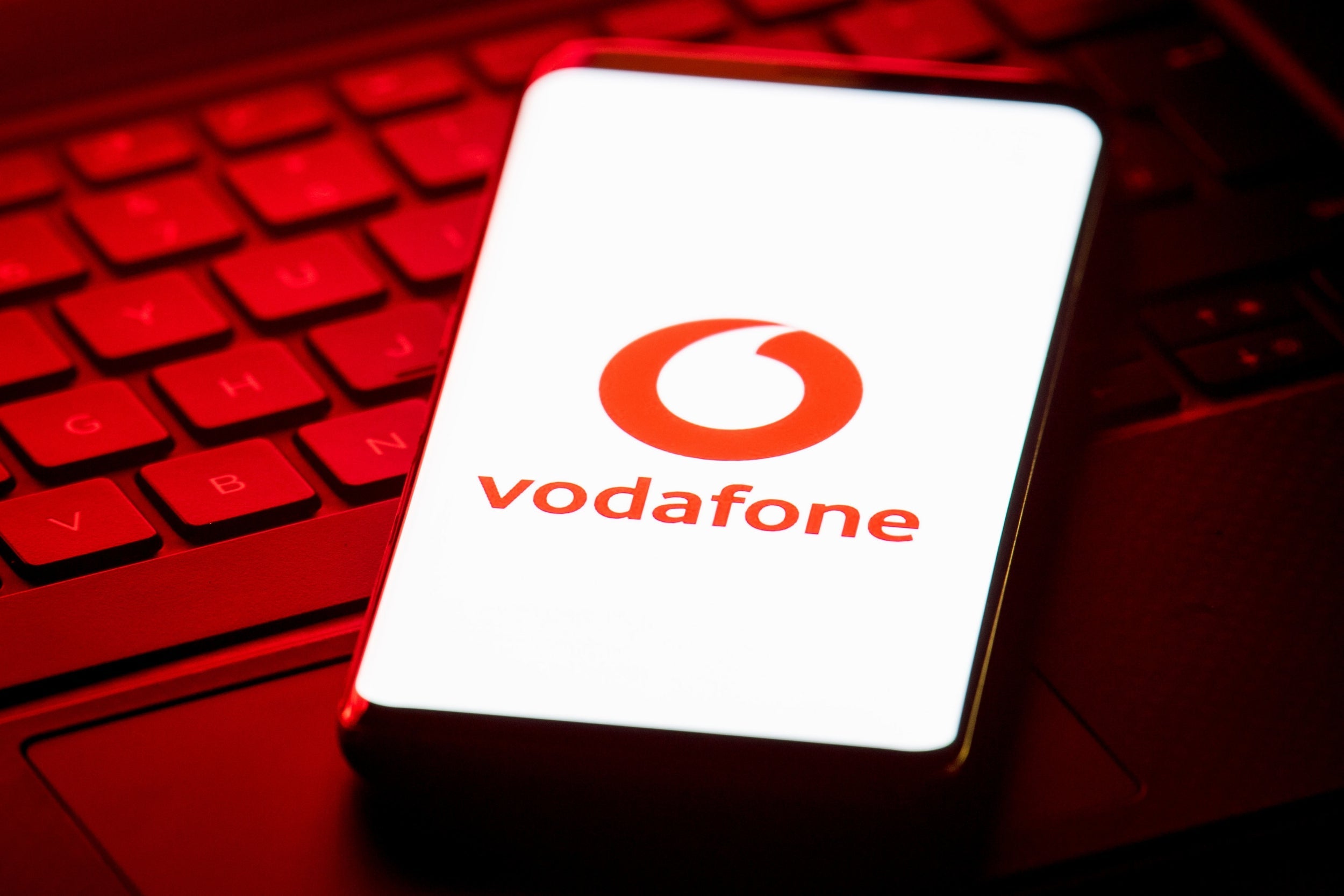Coronavirus: Vodafone, O2 and other networks struggle amid huge surge in traffic
Mass outages come as containment measures see more people go online

Your support helps us to tell the story
From reproductive rights to climate change to Big Tech, The Independent is on the ground when the story is developing. Whether it's investigating the financials of Elon Musk's pro-Trump PAC or producing our latest documentary, 'The A Word', which shines a light on the American women fighting for reproductive rights, we know how important it is to parse out the facts from the messaging.
At such a critical moment in US history, we need reporters on the ground. Your donation allows us to keep sending journalists to speak to both sides of the story.
The Independent is trusted by Americans across the entire political spectrum. And unlike many other quality news outlets, we choose not to lock Americans out of our reporting and analysis with paywalls. We believe quality journalism should be available to everyone, paid for by those who can afford it.
Your support makes all the difference.Major phone networks and internet providers in the UK are suffering increased outages and down time due to a huge strain on their infrastructure caused by the Covid-19 coronavirus pandemic.
Vodafone said it is experiencing a 30 per cent rise in internet use, while TalkTalk said traffic has risen 20 per cent since Monday.
The increased demand comes as more people are working remotely and self isolating in an effort to prevent the spread of the deadly virus.
A mass outage earlier this week saw EE, O2, Three and Vodafone all face issues, with customers complaining that they were unable to call, message or get online.
"At a time when the country needs connectivity most, it is important we work together rather than point fingers," an O2 spokesperson told The Independent.
Similar outages have afflicted remote working tools like Microsoft Teams, following a huge influx of new users.
Containment measures in the UK are expected to become more strict over the coming days, with reports suggesting the country will be placed on a lockdown similar to that of France or Italy. There have been more than 2,600 confirmed cases of the coronavirus in the UK, resulting in 108 deaths.
Schools across England will close from Friday, adding further strain to network infrastructure as children access educational materials online.
The closures will also likely mean an increase in other online activities, like playing video games or watching films and TV shows through streaming sites.
In an effort to maintain its network and cope with increased demand, Vodafone announced a five-point plan to ensure that critical services are not affected.
Parts of the plan include prioritising "mission critical communications" and increasing network capacity for hospitals and government functions.
"Vodafone can play a critical role in supporting society during this unprecedented time and that is why we are announcing our five-point plan," said Vodafone CEO Nick Read.
"Through our networks, and our dedicated team, we will strive to ensure that people stay connected to their family and friends, businesses can continue to run using remote working, our health services get all the support we can deliver and students are able to continue their education virtually."
One way of coping with increased demand is to force Netflix and other online streaming services to lower the resolution of content, according to European Union commissioner Thierry Breton.
"To secure internet access for all, let's switch to standard definition when HD is not necessary," he tweeted on Wednesday.
Join our commenting forum
Join thought-provoking conversations, follow other Independent readers and see their replies
Comments